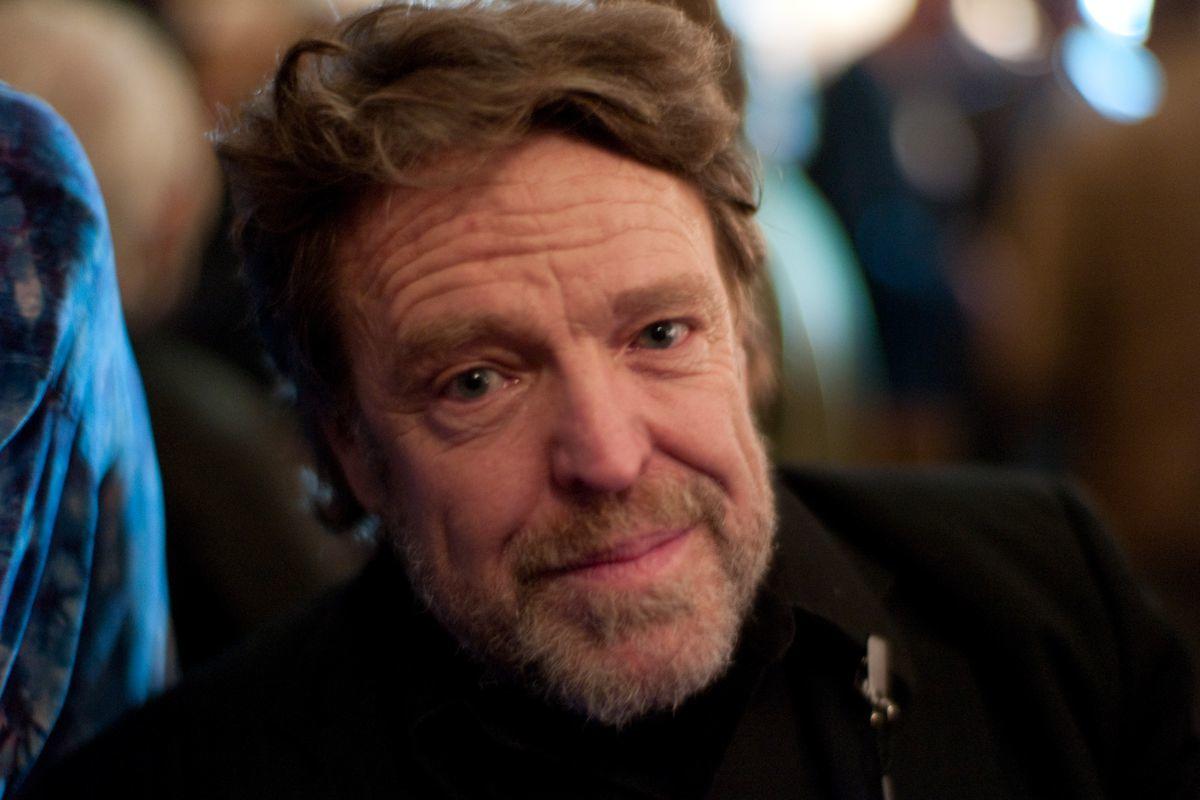John Perry Barlow, lyricist for the Grateful Dead and co-founder of the Electronic Frontier Foundation (EEF) and Freedom of the Press Foundation, passed away earlier this week at the age of 70.
Barlow met Grateful Dead guitarist and songwriter Bob Weir during high school in Colorado. They became friends, and Barlow started co-writing songs with Weir until the band disbanded in 1995. He’s known for tracks including “Cassidy,” “Mexicali Blues,” “Black-Throated Wind” and “Looks Like Rain,” reports Rolling Stone. Barlow’s influence is heard on 1989’s Built To Last, with the 2004 reissue featuring “We Can Run.”
A believer in free speech, in 1990 Barlow created the non-profit digital rights organization EEF with John Gilmore and Mitch Kapor. He famously penned the essay A Declaration of the Independence of Cyberspace, which calls for an independent internet free of government interference.
EEF executive director Cindy Cohn said in a statement on the EEF website: “It is no exaggeration to say that major parts of the internet we all know and love today exist and thrive because of Barlow’s vision and leadership. He always saw the internet as a fundamental place of freedom, where voices long silenced can find an audience and people can connect with others regardless of physical distance.
She added, “Barlow knew that new technology could create and empower evil as much as it could create and empower good. He made a conscious decision to focus on the latter: “I knew it’s also true that a good way to invent the future is to predict it. So I predicted Utopia, hoping to give Liberty a running start before the laws of Moore and Metcalfe delivered up what Ed Snowden now correctly calls ‘turn-key totalitarianism.’”
Barlow cofounded Freed of the Press Foundation in 2012. His memoir, Mother American Night: My Life in Crazy Times, is set for release on June 5. It will centre on his work with the Grateful Dead, working on his family’s cattle ranch, and his strive to protect internet freedom.
Cohn added, “Barlow’s lasting legacy is that he devoted his life to making the Internet into ‘a world that all may enter without privilege or prejudice accorded by race, economic power, military force, or station of birth . . . a world where anyone, anywhere may express his or her beliefs, no matter how singular, without fear of being coerced into silence or conformity.’”


